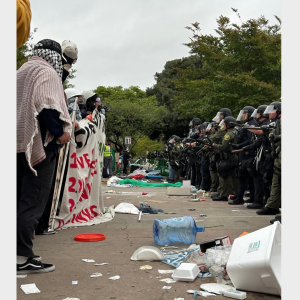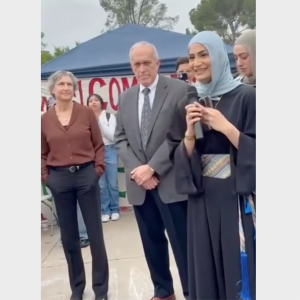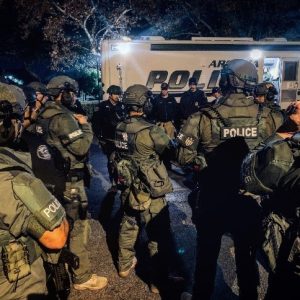 View Winners →
View Winners → DUI Training for Officers Takes on New Meaning after Proposition 64


– Courtesy photo
Impaired driving due to alcohol and drugs is a chronic problem that endangers public safety.
With voter approval of Proposition 64, which in Nov. 2016 legalized adult recreational marijuana use in California, law enforcement officials began looking for new and novel ways to address the public safety issues.
In Jan. 2017, District Attorney Jackie Lacey announced the creation of the DUI Training and Prosecution Section (DTAPS) to provide training on effectively prosecuting these cases – with a special focus on driving under the influence of drugs – and to work with law enforcement to increase the number of drug recognition experts in the county.
“We in law enforcement must be prepared to aggressively investigate and prosecute vehicular deaths and injuries caused by impaired drivers,” District Attorney Lacey said.
“It is still a crime for any person to get behind the wheel while under the influence of drugs – whether legally obtained or not.”
DTAPS prosecutors work closely with law enforcement agencies and the Scientific Services Bureau of the Los Angeles County Sheriff’s Department. They train deputy district attorneys so they have a greater understanding of the practices used in the investigation of impaired driving cases. The training includes instruction on in-field evaluations conducted by law enforcement officers to determine if a driver is impaired by alcohol, drugs, or both, and the technical aspects of forensic toxicology.
Prosecutors in the section also screen vehicular homicide cases in which the individuals were suspected of driving under the influence. The prosecutors provide consultation and support to law enforcement agencies and deputy district attorneys handling these types of cases and, in some instances, vertically prosecute the cases themselves.
The program is funded by a $858,000 grant from the California Office of Traffic Safety through the National Highway Traffic Safety Administration.













































































































